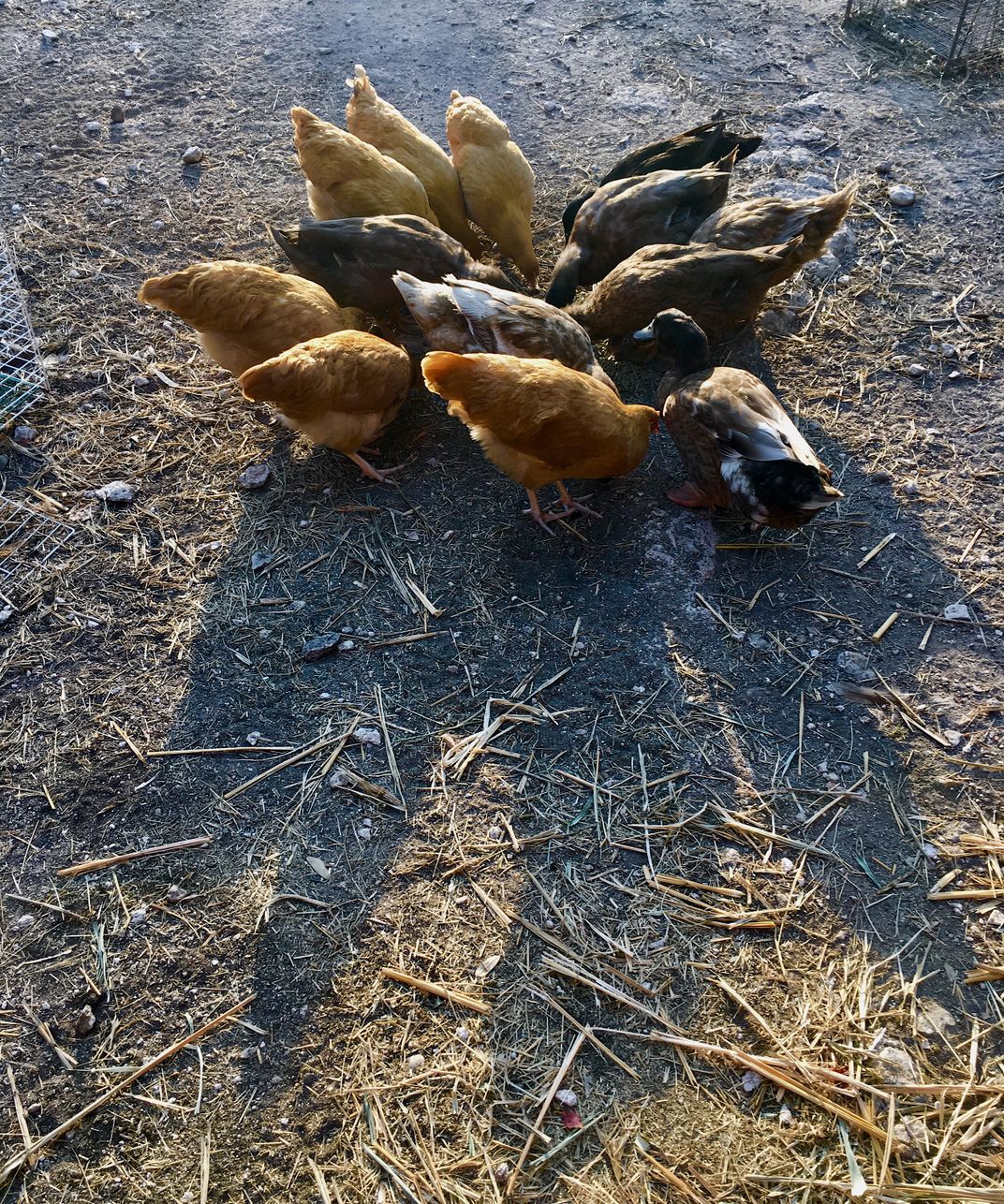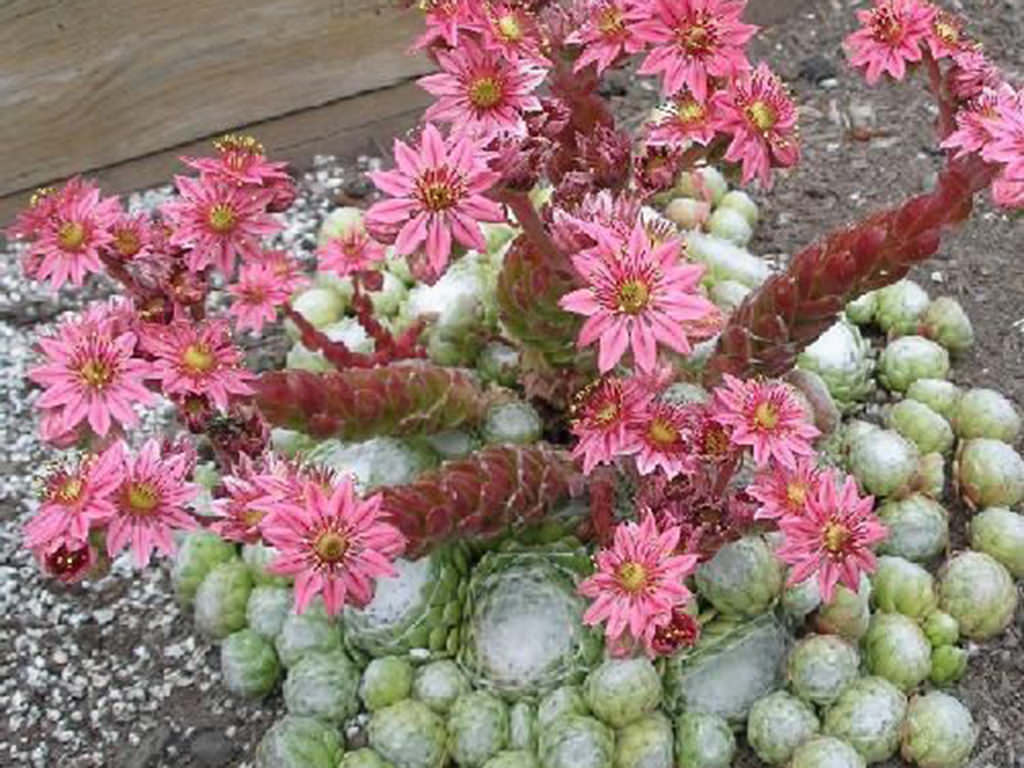
Chicken Flower Dumpling Chinese Recipes Sanjeev Kapoor Khazana
The process lends an alien appearance to the normally low-growing plants, with flower stalks that can get from a few inches (7.5 to 10 cm.) up to a foot (30.5 cm.) in length. Removing the budding stem can't save the rosette. The blooms on hens and chicks plants are a part of a monocarpic process. That means they flower, seed, and then die.

Swedish Flower hen chicks
Scientific Name: Sempervivum x ciliosum. Size: Small, Under 3 inches. Primary Color: Green and Lime. Secondary Color: Pink. Bloom Color: Pink. Light Condition: Full sun and Filtered, Partial Sun. Hardiness Zone: 5 - 10. Rosette Size: 3 inches to 4 inches. This one is for succulent lovers that want a fuzzy, frosted look.
Swedish Flower chicken BackYard Chickens Learn How to Raise Chickens
Place the plant in bright light, or full sun, unless you live in a very hot, dry climate, then put the plant in light shade. Use well-draining, gravely soil outdoors or succulent/cactus mix indoors. Avoid smothering the plant with too much water and fertilizer. Check the soil for dryness first before watering.

Chicken on a flower stock photo. Image of pattern, decoration 20715194
All Sempervivum varieties do indeed bloom, including common houseleek ( S. tectorum) and cobweb houseleek ( S. arachnoideum), as well as other species in the genus, hybrids, and cultivars. Many of these are commonly cultivated as ground covers or potted specimens, and they are often called hens and chicks. These types mostly reproduce via offsets.

Chicken flower Smithsonian Photo Contest Smithsonian Magazine
The rosettes grow up to about five inches in diameter, and this cultivar tends to flower earlier in the season than other hens and chicks when the time comes. It's also a bit more sensitive to sunlight, so offer 'Mark Weller' some shade to handle the hottest parts of the day, and maybe a glass of lemonade while you're at it. Royanum

Chicken Flowers Royalty Free Stock Photo Image 20384725
It won't be large; the plant has shallow roots. Position the plant at the same soil line as it was in its container and backfill with soil dug from the hole. Press down on the soil gently and water the plant. If planting multiple hens and chicks plants, space them at least 12-18 inches apart. They will spread in time.

Chicken Flower EP 11 YouTube
Wattles, single comb, and ear lobes are all red. Eyes are orange/yellow. The body is rounded and robust, a medium-sized bird with the roosters weighing around 8lb and the hens 5 ½ lb. The skin can be yellow or black mottled in color, with legs being clean and light tan in color. Chicks' legs can be a pink or grey color.
Swedish Flower chicken
Hens and chicks require very little soil and can be made to grow even in rock crevasses. The ideal temperature for hens and chicks is between 65 and 75 degrees F. (18-24 C.). When temperatures zoom upwards or plummet down, the plants become semi-dormant and will cease growing. Potted plants can be placed in clay pots with a cactus or succulent mix.

Pin by Kelly Fisher on Hens & Chicks planting ideas Hens and chicks
Swedish Flower Hens are one of the breeds with the most unique appearance. However, it can greatly vary between each chicken. Swedish Flower Hen Egg Color. Swedish Flower Hen eggs are usually brown or beige. The first eggs a hen lays will appear small, but the more eggs she lays, the larger they'll be. Most hens lay large to extra-large eggs.

Hen and Chicks Succulents in red Succulents, Hens and chicks, Sempervivum
Here's how: Step 1: Examine the mother plant for offsets to remove. If possible, gently remove the plant from its pot, and examine beneath the soil line to identify offsets that have already grown some of their own roots. You can also skip this and simply choose a healthy-looking offset at the outer edge of the container.

How to Care for a Hens and Chicks Plant World of Succulents
Swedish flower hens are the largest breed of chickens native to Sweden. Roosters can weigh as much as 8 lbs. With the commercialization of Sweden's poultry flocks in the last half of the 20th Century, this breed almost became extinct. A couple of decades ago remnant flocks were identified in three small, rural Swedish villages and a focused.

a chicken sitting on top of a wooden bench next to yellow flowers and
Even in Sweden, however, the commercialization of chickens changed the landscape of heritage and landrace chickens. Swedish Flower Hens were no different. Around 1970 they were almost a breed in the past and would have been if not for some select breeding groups designing a breeding plan. By 2010 it was decided to send 15 Swedish Flower Hens to.

chicken flower dumplings Recipe Book
Try growing them in a container filled with a well-draining potting mix. When cold weather hits, move potted hens and chicks into an unheated garage or bury the pot in the ground for winter to insulate the roots against your cold temperatures.". Q: Help! Squirrels eat all of my hens and chicks.

four different pictures of chickens with flowers in their hair and one
BREED: The Swedish Flower Hen is a landrace of southern Sweden. Its local name is Skånsk Blommehöna, meaning Scanian flower-chicken. The name reflects its origin and the colorful millefleur plumage, resembling meadow flowers. ORIGIN: Noted at least as early as the nineteenth century in Scania (Skåne), at the southern-most tip of Sweden.

Chicken holding big flower Royalty Free Vector Image
3. Dig a hole 1-3 in (2.5-7.6 cm) deep to plant the "hen." Whether planting the hen in a container or in your garden, it needs a bit more space than the chicks. Use a garden spade to dig a hole a few inches deep. Then, use your fingers to loosen the roots and remove extra dirt.
:max_bytes(150000):strip_icc()/sempervivium-calcareum--mrs-giuseppi--511105611-5c0b3befc9e77c0001662169.jpg)
Hens and Chicks Plant Care & Growing Guide
As a result Swedish Flower chickens are well-equipped and comfortably adapted to their homeland conditions. It also means that this breed is genetically very diverse. Interestingly this chicken is the largest native Swedish chicken breed. Their large size is believed to be one of those characteristics that helped them survive throughout the years.